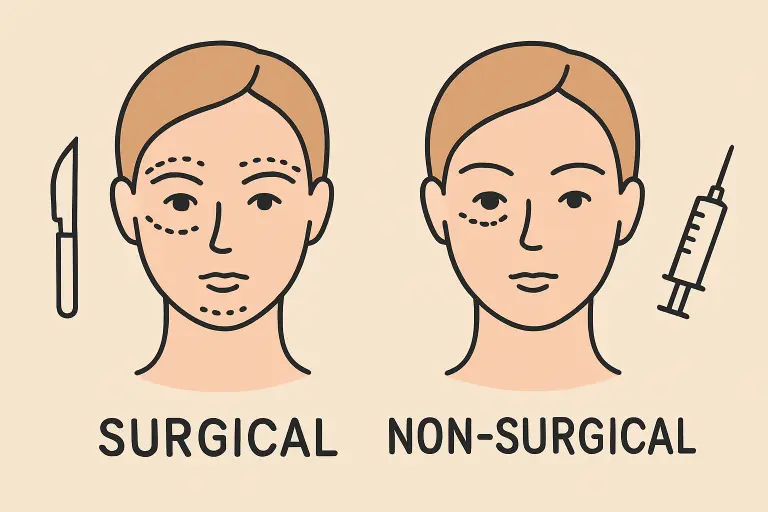Skin cancer screening is utilized to identify cancer in its early stages and when the likelihood of cure is a good one. Doctors might recommend this kind of cancer screening at a reputed skin cancer clinic like Sundoctors for those who are at a greater chance of getting skin cancer for instance, those with a lot of moles or irregular moles or have a family background for skin cancer.
If you’re interested in whether you should get regular skin cancer screening, inquire with your healthcare provider. They might suggest seeing a dermatologist or any other health professional to look at the skin a bit more closely. Learn the fundamentals regarding skin cancer, what might expect from an examination for skin cancer, and how to lower the risk of getting skin cancer.
Table of Contents
How Prevalent Are Skin Cancers?
Skin cancer is among the most frequently detected cancer that is found in the United States and around the globe, according to the Skin Cancer Foundation. The three most prevalent kinds of skin cancer are basal cell cancer, Squamous cell carcinoma, as well as Melanoma. Together with basal cell cancer and squamous cancer are known as keratinocyte carcinomas or non-melanoma types of skin cancer. Melanoma is the most deadly kind of skin cancer.
What’s The Objective Of Screening For Skin Cancer?
The aim for screenings is to find skin cancer that is smaller and limited to the skin, a time when the probability of curing is greater. Screening for skin cancer can be performed by examining your body during a self-examination or going to a medical specialist such as a dermatologist to examine your skin.
Skin cancers are extremely treatable when diagnosed early, as per the American Academy of Dermatology. For instance, a large number of patients suffering from melanoma recover after their first procedure.
What Are Risks For Skin Cancer?
Factors that increase the risk of skin cancer include:
- A lot of moles
- The appearance of moles is different from the other moles due to shape or color
- If you have a family or personal background of skin cancer
- Previous indoor tanning use
- Severe sun damage
- With fair skin, red or blond hair with blue eyes and freckles
- Being afflicted by a weak or deficient immune system
If you have some of these risks, you need to talk about their risk for dermatologic cancers with their physician and think about seeing a dermatologist for a first examination for skin cancer. Age is another factor the dermatologist will take into account when recommending a plan for regular follow-up visits.
If you notice any unusual changes to your skin that appear to be either new, changing, discomforting, or you’ve got wounds that aren’t healing Make an appointment with an experienced dermatologist immediately. It is recommended that you see a dermatologist immediately. The American Academy of Dermatology has an online directory that lets you locate an expert in your area or consult your primary physician to refer you.
What Are The Possible Outcomes When You Undergo A Skin Cancer Screening?
When you undergo a skin cancer screening The doctor will take a look at the skin from head to foot. That includes the scalp as well as between your toes and fingers. If you’ve observed any moles or lesions in any other area that appear newly appearing, changing or are causing symptoms such as discomfort or itching, speak to your doctor, so that you can have a thorough examination of the area.
The doctor may also look at lesions that are distinct from other ones, such as ones with uneven borders, a variety of colors, or that are more than six millimeters (mm) in size. The doctor may utilize a dermatoscope to examine specific lesions. Dermatoscopes are portable devices that allow the doctor to assess an area of skin with greater precision.
How Often Do Skin Cancer Screenings Occur?
If your physician recommends periodic skin cancer tests the frequency at which it will be scheduled depends on the risk factors you have, which include your age, the size of moles, your amount of moles that are complex or atypical as well as your own personal background of melanoma, as well as the family history of skin cancer. Doctors might recommend a skin cancer check-up every year, or once every three or six months if a person is particularly at risk. Consult your physician about which screening schedule is suitable for you.































































































































































































































































































































































































































































































































































































































































































































































































































































































































































































































































































































































































































































0